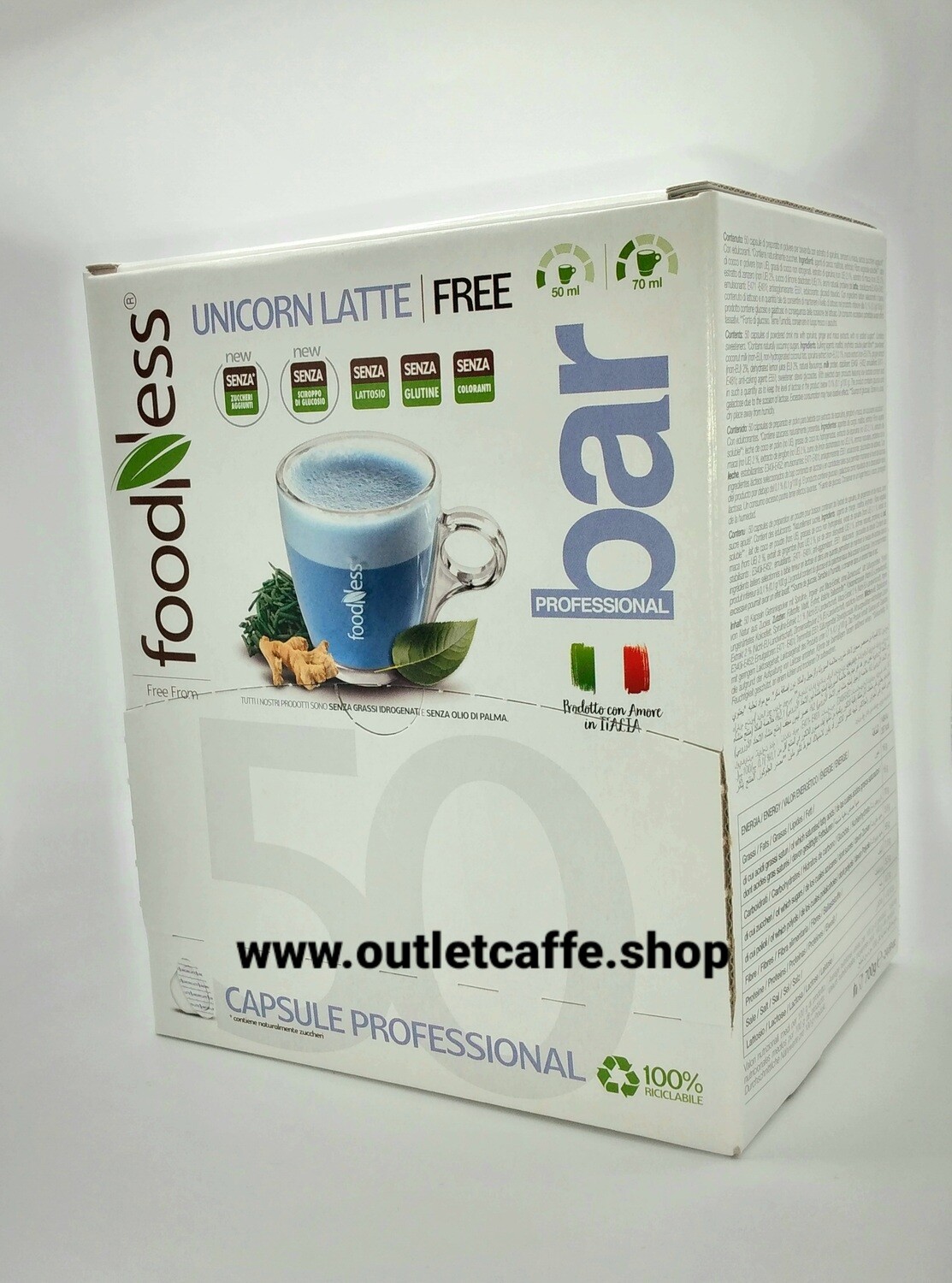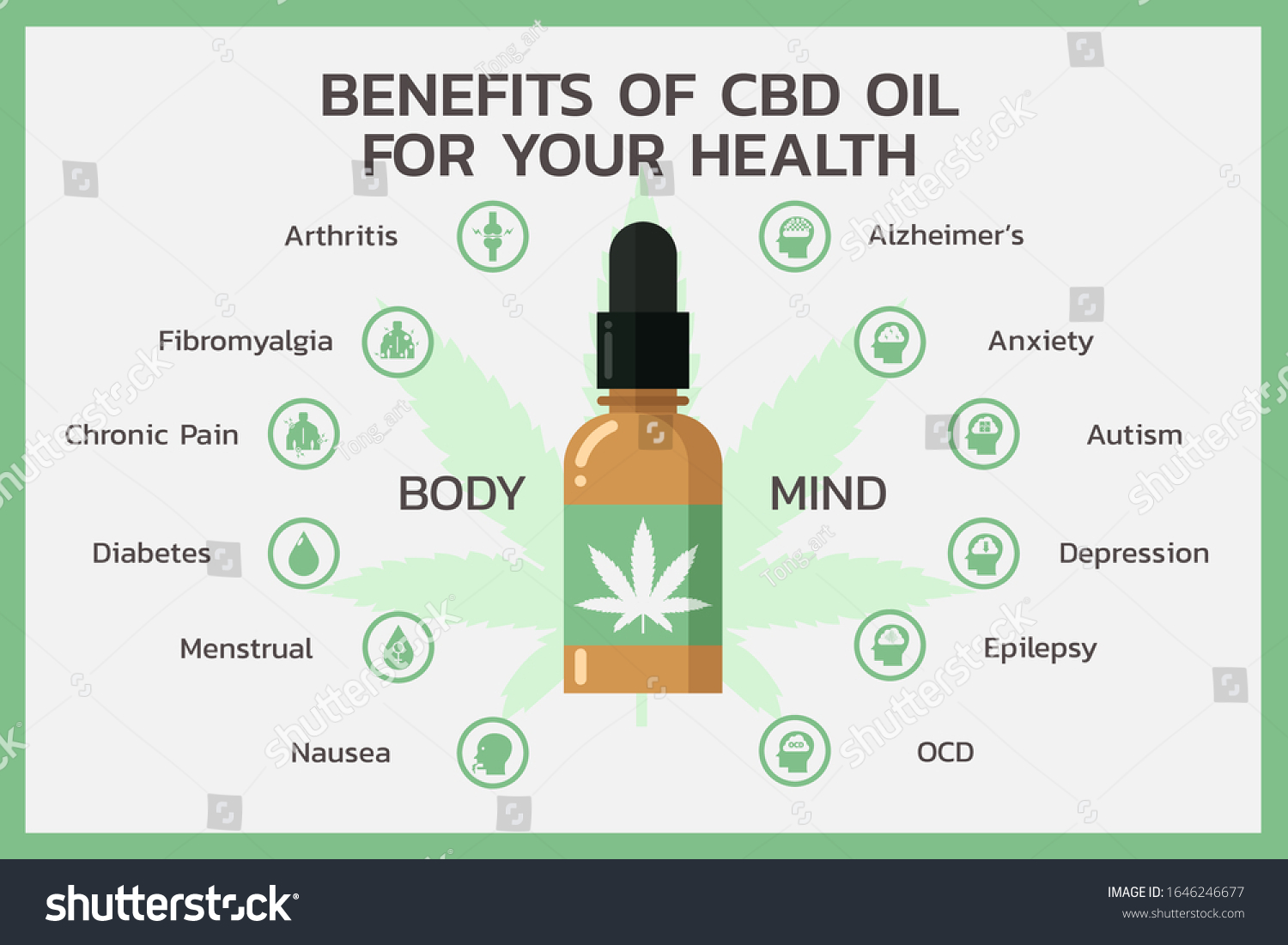
What is CBD? you've come to the right place. This article will provide all the information you need about this plant compound. We also have details on its potential to get high and antibacterial properties. We'll also discuss its antibacterial and sedative properties. Plus, we'll touch on the benefits of CBD and its various applications.
Cannabinol
Cannabinol or CBN is a chemical compound that is produced from heating cannabis. It is capable of controlling mood, appetite, pain, calmness, and stress. It is often used in the printing business as dummy content. It was discovered first by an unidentified printer, who accidentally rewrote a galley of type.
The active ingredient is typically suspended in oil when used for oral applications. You may mix it with an inert liquid diluent like calcium carbonate, olive oil, or calciumphosphate. Aqueous suspensions can also be prepared with a sweetener, demulcent, flavoring agent or other additives.

Does it get you high?
CBN is found in cannabis. CBN is the first to be isolated in its natural form. Its effects are similar to THC which is the psychoactive part of cannabis. It has a different mechanism of action.
CBN is able to bind to the same receptors that THC, but in an entirely different way. The CBN doesn't produce the high that marijuana produces. Research has shown that CBD rich strains of cannabis can prevent THC's negative effects and promote relaxation. It is not yet clear if CBD-rich cannabis can make you high.
Are there sedative properties?
CBN, a cannabinoid, can cause sedative effects. CBN is not as potent than THC, and it is not recommended for recreational use. It is being studied for potential health benefits and may be helpful for treating insomnia. It might also be helpful in treating seizures.
CBN is a naturally-occurring cannabinoid that is found in hemp plants. It's often called "sleepy" because it can be taken in low doses to improve sleep quality. It has a relaxing sedative and brain-friendly effect because it interacts with CB1 nerve receptors. This makes it the ideal substance for inducing sleep.

Is it antibacterial?
CBN, a compound found in hemp plants, can be used for many purposes. Many studies show that it has antibacterial properties and may be used both topically and internally. It also has neuroprotective qualities. This means it can help protect brain neurons, which could be useful for people with a variety of conditions such as age-related cognitive impairment, traumatic brain injuries, and seizures.
Is it an antioxidant?
CBD and THC have been linked with a variety of health benefits including the prevention or treatment of certain diseases and disorders. These compounds also have antioxidant qualities. Antioxidants are substances in our bodies that block the effects of oxidation, which can be caused by UV exposure, free radicals, and other factors. Oxidation causes damage to our cells, including our DNA. It can also cause cancer.
Although CBN research is still limited, preclinical studies indicate that it may have anti-inflammatory and antioxidant qualities. CBN may have these properties, which could make it useful in treating chronic injuries and certain eye conditions. It may also slow down the progression glaucoma, which is a disease that damages the optic nerve.
FAQ
What CBD products do you sell most?
CBD products are all over the place these days. They are used for pain relief and anxiety. The market is huge and growing fast.
What are people buying CBD for? How does this impact you as a brand manager?
According to Statista CBD products are purchased for their relaxing properties. They are also used for their anti-inflammatory properties.
This means that if your product has both CBD and THC, then it can be sold for both recreational and medicinal purposes.
But what about brands that only focus on one specific purpose? One example is CBD for stress relief.
A brand that focuses on CBD for medicinal purposes will also have a large customer base.
But, if a brand is looking to target recreational users they will need to develop a unique selling position (USP). A USP basically refers to a unique selling point that sets a brand apart.
For instance, some brands offer free shipping and others offer discounts on bulk orders.
What conditions can be treated with CBD?
To have any treatment work, it must first affect the person's overall health. If you are using cannabis oil as a medicine, then it must be prescribed by a doctor. It is also illegal to use cannabis products if you do not have a prescription from a medical professional.
It doesn't matter if you're using cannabis oil for health reasons. Talk to your doctor first to ensure that you are safe to use cannabis oil.
You can make cannabis oils from whole plant extracts, or isolated compounds called Cannabinoids (THC or CBN). They can contain many cannabinoids such as cannabidiol, tetrahydrocannabinol and cannabinol.
These components interact to receptors throughout your body to create effects like pain relief, stress decrease, and anti-inflammatory as well as antioxidant properties.
How much CBD is required?
The type of product that you're buying determines how do you decide to do it.
The majority of CBD oils are available in strengths between 100mg and 1,000mg per bottle.
Some CBD products are made with precise dosages.
Charlotte's Web is an example of a company that makes CBD products with exact amounts of CBD and other cannabinoids.
Start with a low dosage if you are unsure if CBD is right for you.
You can always go up later.
Does CBD have a future?
Yes. It's not because it has medical benefits, but rather because it can help people feel better and not get high.
People who want an alternative to prescription medications will love the fact that you don't feel any different after you use it.
And as we know from studies, there is a lot of evidence showing that cannabis helps with pain relief, anxiety, depression, insomnia, and many other conditions.
Cannabinoids found in cannabis also interact with the receptors in our brains. This interaction creates feelings of relaxation and well being.
So if you're interested in using cannabidiol (CBD) oil for health reasons, then it's important to understand what exactly it does and how it affects us.
Is CBD's market saturated?
CBD is growing at a rate of more than 25% per year. This growth is expected to continue for at least another five years. According to industry projections, it will grow from $2 billion to $5 billion by 2020.
Two companies currently dominate the CBD market - GW Pharmaceuticals & Canndoc Ltd. Both companies have a focus on creating pharmaceutical-grade products. They haven't been very successful so far. Both are struggling to get traction on market.
Cannabidiol is an extract of cannabis with less than 0.3% CBD. It doesn't produce any psychoactive effects. It is used for treating epilepsy and other medical conditions. It is also commonly used as a dietary supplement.
There are many different types of CBD products available. Some CBD products are made with whole plants extracts, others use CBD isolates.
These products share one common feature: they all contain low levels of THC.
They are therefore legal under US federal law. However, this doesn't mean that you don't need to follow local laws when selling CBD products. Check with your state regarding the sale of CBD products.
There are also several states that CBD products are prohibited. These states include California, Colorado and Mississippi, Missouri. New York, North Carolina. Ohio. Oklahoma. Oregon. Rhode Island. South Dakota. Texas. Utah. Virginia. Washington.
You will want to stay clear of CBD products if you are from one of these states.
Statistics
- The inhibition of FAAH is predicted to lead to an increase in brain and plasma concentrations of AEA, which acts as a partial agonist at CB1R and CB2R, thereby increasing endocannabinoid tone [92, 110]. (ncbi.nlm.nih.gov)
- A recent systematic review of human trials also reported that individuals with epilepsy receiving CBD (5–20 mg·kg−1·day−1) were more likely to experience decreased appetite than those receiving placebo (i.e., ~20 vs. 5% of patients) (ncbi.nlm.nih.gov)
- While the primary injury may not be treatable, interventions that attenuate secondary sequelae are likely to be of benefit [203].Only one study (ncbi.nlm.nih.gov)
- A recent study [161] also found that in vitro CBD treatment (i.e., ≤ 2 h exposure to 10 μM) induced ~40% vasorelaxation in isolated (pre-constricted) (ncbi.nlm.nih.gov)
- however, one study also found that these effects were virtually abolished when the original media (a nutrient broth agar) was replaced with one containing 5% blood (increasing the minimum concentration to ~160 μM CBD) [179]. (ncbi.nlm.nih.gov)
External Links
How To
How to Get Certified for Selling CBD Products
One of many cannabinoids found within cannabis plants is CBD (cannabidiol). It has been used medicinally in many countries throughout history, including traditional Chinese medicine and India. In recent years, however, its popularity has skyrocketed due to its ability to treat conditions like anxiety, pain, epilepsy, and inflammation. But if you want to start selling CBD products, there's no official certification program available yet -- at least not in the U.S. That means anyone who wants to make money off their own line of CBD products has to rely on the "unofficial" process of self-certification.
There are two ways to go about this. The first option is to join a canna business association. By joining a local association of canna-business owners, you will be able to learn from others and receive support and advice. There are currently numerous associations all over the country. The second option is to take your business online. Many states allow canna businesses to operate online. If you have the permission, you can start accepting orders and set up your website. However, you must still register with your state's Department of Public Health. Once you have registered, your state's Department for Public Health will issue you a license. Once you receive your license, you're officially allowed to open your store and begin accepting orders.